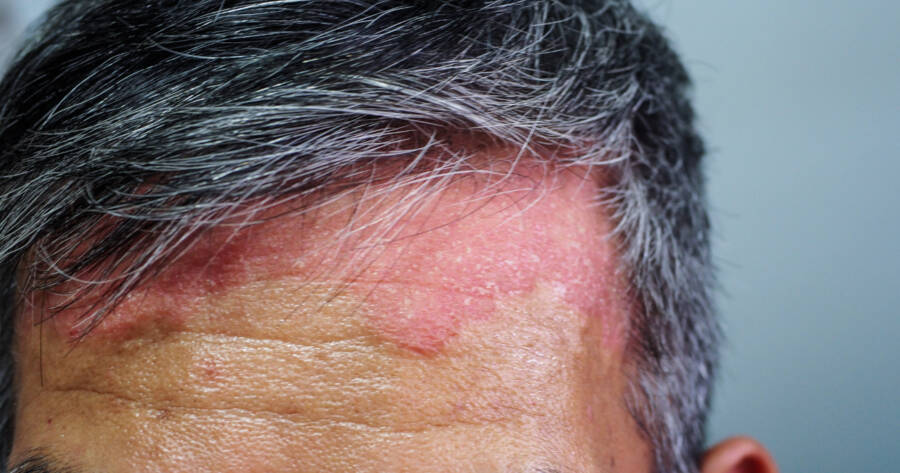Ever wonder what causes plaque psoriasis? By learning about this common skin condition, you can gain a better understanding of the symptoms and treatment options. Understanding its symptoms and exploring potential treatment options can be crucial steps in managing this often challenging skin disorder.
Understanding Plaque Psoriasis
Plaque psoriasis, a chronic inflammatory skin condition, affects millions of individuals worldwide. Characterized by raised, red, and scaly patches on the skin, it can cause significant physical and emotional distress. Understanding the causes and symptoms of plaque psoriasis is the first step towards effective management.
The exact cause of plaque psoriasis remains unknown, but genetics, immune system dysfunction, and environmental factors are believed to play a role. It is not contagious and cannot be spread through contact with affected individuals.
Common symptoms of plaque psoriasis include:
- Raised, red, and scaly patches on the skin
- Itching, burning, or stinging sensations
- Dry, cracked, or bleeding skin
- Thickened nails
- Swollen or stiff joints (psoriatic arthritis)
Alleviate Symptoms, Improve Quality of Life
While there is no cure for plaque psoriasis, a range of treatment options can help alleviate symptoms and improve quality of life. These include:
- Topical treatments: Creams, ointments, or gels applied directly to the affected skin can help reduce inflammation, itching, and scaling. Common ingredients include corticosteroids, vitamin D analogs, and retinoids.
- Phototherapy: Controlled exposure to ultraviolet (UV) light can slow down the growth of skin cells and improve symptoms, often used for moderate to severe cases when topical treatments are not enough.
- Systemic medications: Oral or injected medications, such as biologics or immunosuppressants, help reduce inflammation and target the immune system’s overactivity, essential for managing severe or widespread psoriasis.
- Lifestyle modifications: Maintaining a healthy weight, avoiding triggers (such as stress, smoking, and alcohol), and practicing good skin care can help manage symptoms and prevent flare-ups.2 Regular exercise and a balanced diet can also support overall health, easing the burden of living with psoriasis.
By combining these treatments with a proactive approach to lifestyle changes, individuals with plaque psoriasis can effectively manage their symptoms and enjoy an improved quality of life.
Holistic Care, Personalized Treatment Plans
Effective management of plaque psoriasis often requires a holistic approach that addresses both the physical and emotional aspects of the condition. This may involve:
- Dermatologist consultation: A dermatologist can provide an accurate diagnosis, recommend appropriate treatments, and monitor progress, ensuring the treatment plan is tailored to individual needs.
- Patient education: Understanding the condition and available treatment options empowers individuals to make informed decisions about their care and feel more in control of managing their symptoms.
- Support groups: Connecting with others affected by plaque psoriasis can provide emotional support, valuable coping strategies, and insights into living well with the condition.
- Complementary therapies: Some individuals find relief through stress management techniques, yoga, acupuncture, and other therapies that address both mental well-being and physical symptoms, further enhancing quality of life.
By combining medical treatments with personalized care and emotional support, individuals can achieve a more comprehensive approach to managing plaque psoriasis and improving their overall well-being.
Learn More About Plaque Psoriasis
Plaque psoriasis is a complex and chronic condition marked by both physical and emotional challenges. While a definitive cure remains elusive, various treatments and lifestyle changes can potentially offer relief and improve daily life for those affected. By understanding the potential causes and symptoms, and working closely with healthcare providers, individuals may find strategies that help manage their condition effectively.

